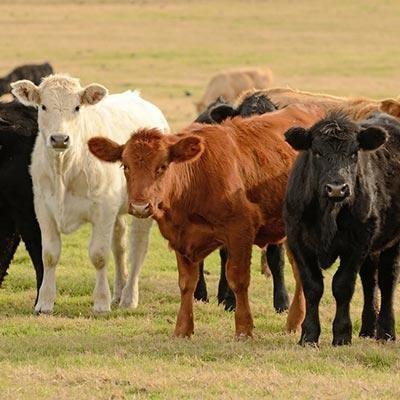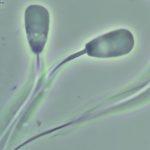Emery and Carbon Animal Health owner Dr. Glen Jensen has recently been awarded a Small Business Innovation Research (SBIR) grant through the USDA. This is a phase one grant to develop a computer vison technology that will create a differential spermiogram to analyze bull semen.
These SBIR grants are through the federal government and are for most government agencies. It was stated that these are competitive grants and are awarded to 12 to 15 percent of all applicants, with the goal being assistance in increasing private sector research as well as commercialization of innovative technology.
The SBIR grants have three phases, with the first being to develop the concept. Phase two is for the prototype development and the final phase is not funded through SBIR, but is for moving from prototype to production and commercialization. The results of the analysis assist cattle producers and artificial insemination centers to manage bulls and semen for improved herd fertility.
Studies have found that bull fertility is dynamic, which means that it changes throughout the seasons, with age and many other factors, including temperatures and introductions to new environments, disease, nutrition and much more.
Genetics also play an important role in bull fertility and the percentage of pregnancies when using artificial insemination or each estrus cycle of a cow pasture bread may improve with better semen quality. Analysis of sperm cell structure is credited as very inconsistent between evaluating techniques and the evaluators.
With this information in hand, the grant money will be used to hire a computer program engineer, as well as technicians, that will assist Dr. Jensen in his studies and developmental efforts. Ultimately, the goal is to create a diagnostic tool that will remove the human error and time that is taken to analyze semen. This improved accuracy will assist in improving genetics and management of bulls, herding and reproduction.
“Dr. Jensen has always had an interest in computer technologies and cattle reproduction. He noticed the needs for a better system when he began improving his knowledge, techniques and equipment used to evaluated bull fertility,” a report stated. “As he purchased better equipment and took more time performing the morphological analysis, he recognized that he was now seeing specific abnormalities, such a small apical vacuole, that he could not identify with poorer quality microscopes.”
From there, Dr. Jensen began creating a complete differential spermiogram, which is seldom done in today’s evaluations. The information is invaluable to understanding the cause of lower than normal sperm counts as well as the effects specific abnormalities may have on reproduction.
Phase one will allow proof of concept. Once the first phase has been completed, an application will be submitted for phase two, which is the prototype development. The diagnostic instrument will be equipped with software that assists producers and veterinarians in better understanding how to utilize the obtained information from a complete spermiogram.



